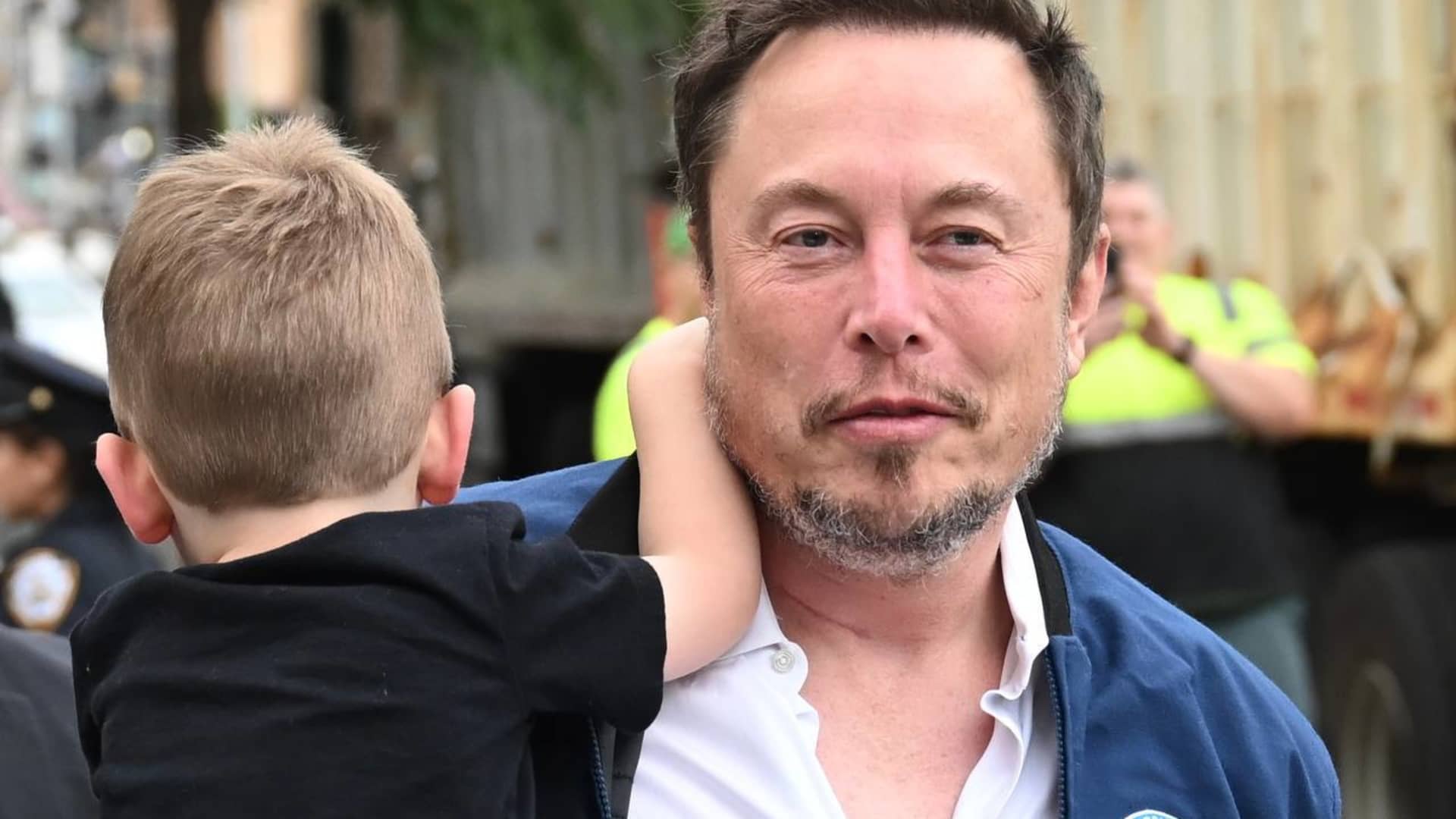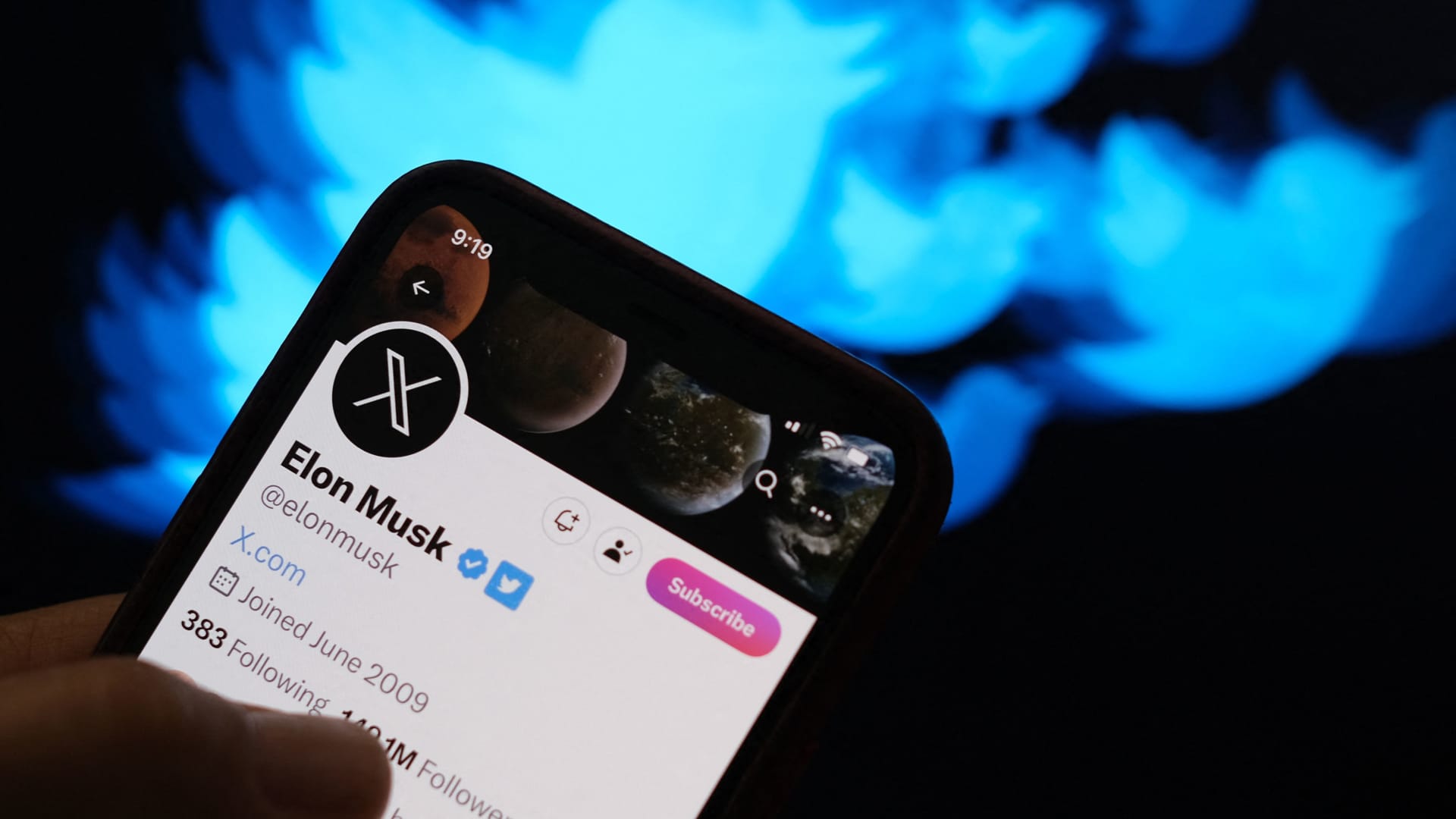The global town square is in ruins.

www.theatlantic.com
This War Shows Just How Broken Social Media Has Become
The global town square is in ruins.
By
Charlie Warzel
Irene Suosalo for The Atlantic
OCTOBER 12, 2023
SAVED STORIESSAVE
Social media has, once again, become the window through which the world is witnessing unspeakable violence and cruelty in an active war zone. Thousands of people, including children and the elderly, have been killed or injured in Israel and the Gaza Strip since Hamas launched its surprise attack on Saturday—you have probably seen the carnage yourself on X, TikTok, or Instagram.
These scenes are no less appalling for their familiarity. But they are familiar. As my colleague
Kaitlyn Tiffany wrote last year, the history of war is a history of media. The Gulf War demonstrated the power of CNN and the 24/7 cable-news format, foreshadowing the way
infotainment would permeate politics and culture for the next 20 years. A series of contentious election cycles from 2008 to 2020, as well as the Arab Spring, the Syrian civil war, and the rise of the Islamic State, showed how social-media platforms democratized punditry and journalism, for better and worse. Commentators were quick to dub Russia’s invasion of Ukraine the “first TikTok war,” as the internet filled with videos from Ukrainians documenting the horrors of war in profoundly personal, often surreal ways.
Read: The myth of the “first TikTok war”
If such conflicts are lenses through which we can understand an information environment, then one must surmise that, at present, our information environment is broken. It relies on badly maintained social-media infrastructure and is presided over by billionaires who have given up on the premise that their platforms should inform users. During the first days of the Israel-Hamas war, X owner Elon Musk himself has
interacted with doctored videos published to his platform. He has also explicitly
endorsed accounts that are known to share false information and express vile anti-Semitism. In an interview with
The New York Times, a Hamas official
said that the organization has been
using the lack of moderation on X to post violent, graphic videos on the platform to terrorize Israeli citizens. Meanwhile, Adam Mosseri, the head of Instagram and the unofficial lead on the company’s Twitter clone, Threads, has received requests from journalists, academics, and news junkies to make his product more useful for following the war. He has responded by saying that his team won’t “amplify” news media on the platform: “To do so would be too risky given the maturity of the platform, the downsides of over-promising, and the stakes,” he
wrote. (Neither Meta nor X responded to requests for more information regarding their platforms’ plans to handle conflict-related posts.)
These are new cracks in an already crumbling foundation, as major
social platforms have grown less and less relevant in the past year. In response, some users have left for smaller competitors such as Bluesky or Mastodon. Some have simply left. The internet has never felt more dense, yet there seem to be fewer reliable avenues to find a signal in all the noise. One-stop information destinations such as Facebook or Twitter are a thing of the past. The
global town square—once the aspirational destination that social-media platforms would offer to all of us—lies in ruins, its architecture choked by the vines and tangled vegetation of a wild informational jungle. This may be for the best in the long run, although the immediate effect for those of us still glued to these ailing platforms is one of complete chaos.
Their transformation has not been an accident. For nearly a year, Musk has worked to dismantle his site’s previous architecture, including the platform’s verification system for public figures, journalists among them. Musk’s antics and layoffs have contributed to the
diminishing of its
trust and safety team. Now anyone can pay for a verification badge to make one’s posts more visible. (Some of the site’s
new blue-check users are scam artists or disinformation peddlers, a number of whom are pawning off fake, old, or
misleading footage as verified reports from Gaza.) Musk has also
reinstated accounts that were banned for rules violations. And last week, in a supremely poorly timed move, the platform stripped auto-populating headlines from news stories; the result has been a substantial loss of legibility and the further erosion of trusted media sources on the platform. Musk has turned X into a deepfake version of Twitter—a facsimile of the once-useful social network, altered just enough so as to be disorienting, even terrifying.
Since 2018, Facebook and its parent company, Meta, have changed their news-feed algorithm to emphasize personal posts over news media. After the January 6 insurrection, the company deemphasized political news links from publishers; the move, according to
The Wall Street Journal,
caused an influx of complaints about misinformation. At the same time, Facebook’s user base
began to erode, and the company’s transparency reports revealed that the most popular content circulating on the platform was little more than viral garbage—a
vast wasteland of CBD promotional content and foreign
tabloid clickbait. What’s left, across all platforms, is fragmented. News and punditry are everywhere online, but audiences are siloed; podcasts are
more popular than ever, and millions of younger people online have turned to
influencers and creators on Instagram and especially
TikTok as trusted sources of news.
The previous status quo was deeply flawed, of course. Social media, especially Twitter, has sometimes been an incredible news-gathering tool; it has also been terrible and inefficient, a game of
do your own research that involves batting away bullshyt and parsing half truths, hyperbole, outright lies, and invaluable context from experts on the fly. Social media’s greatest strength is thus its original sin: These sites are excellent at making you
feel connected and informed, frequently at the expense of actually
being informed. That’s to say nothing of the psychological toll that comes from staring at the raw feed. I’ve personally witnessed beheadings and war crimes through my screen—an experience no person should endure merely to stay informed about the world.
The back-and-forth with Mosseri over news on Threads illustrates the awkwardness of the moment. Mosseri’s position is reasonable enough, and there’s a genuine cognitive dissonance in asking Meta—a company with an atrocious track record of having its platform used to foment political unrest and supercharge propaganda—to build a safe space for journalism. And yet it is also understandable in turbulent moments for people to want something from the organizations that begged for our attention, monetized it, and, over time, influenced the way we found information. At the center of these pleas for a Twitter alternative is a feeling that a fundamental promise has been broken. In exchange for our time, our data, and even our well-being, we uploaded our most important conversations onto platforms designed for viral advertising—all under the implicit understanding that social media could provide an unparalleled window to the world.
Social media is not just a vector for information. Or misinformation. It’s a place to bear witness, to express solidarity, and to fight for change. All of that is harder now than it was just a year ago. What comes next is impossible to anticipate, but it’s worth considering the possibility that the centrality of social media as we’ve known it for the past 15 years has come to an end—that this particular window to the world is being slammed shut.
 Jason Vorhees killed Musk's platform.
Jason Vorhees killed Musk's platform.
 Jason Vorhees killed Musk's platform.
Jason Vorhees killed Musk's platform.




thehill.com





 Those Saudis on Elon's ass, charging new users $1 for access to Tweeting... Musk trying so hard not to do it to ALL users, yet.
Those Saudis on Elon's ass, charging new users $1 for access to Tweeting... Musk trying so hard not to do it to ALL users, yet./cdn.vox-cdn.com/uploads/chorus_asset/file/24805884/STK160_X_Twitter_002.jpg)
:format(webp)/cdn.vox-cdn.com/uploads/chorus_asset/file/24805884/STK160_X_Twitter_002.jpg)
:format(webp)/cdn.vox-cdn.com/uploads/chorus_asset/file/24990773/F8B3KcKWoAEP1u5.jpeg)
